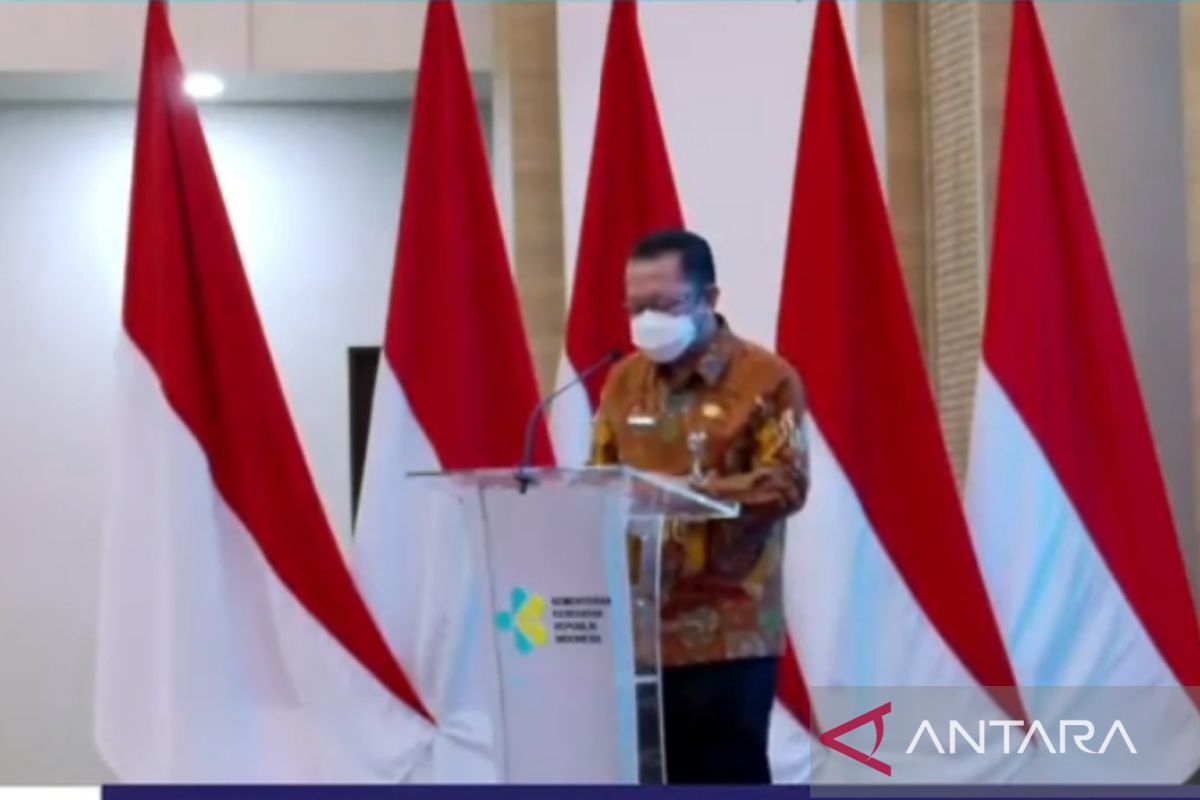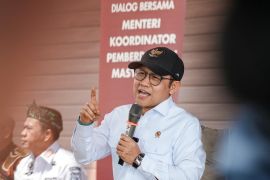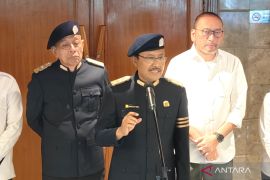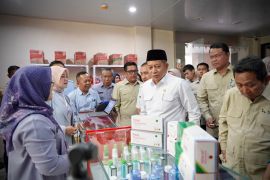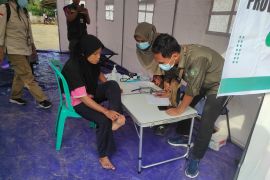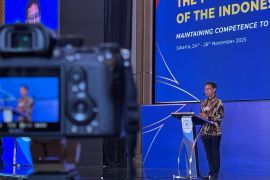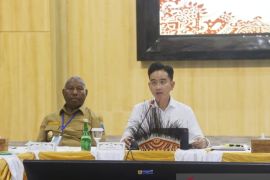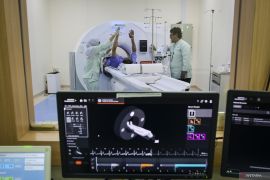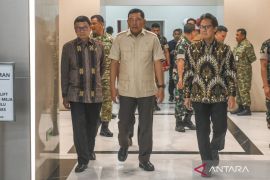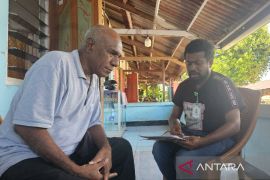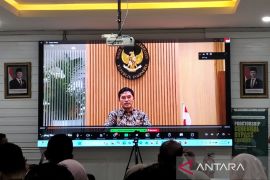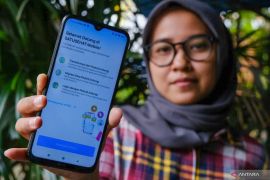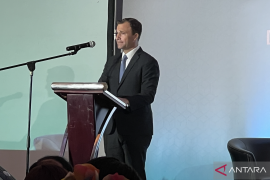"From the data collected, 2,995,942 people do not have access to health facilities. A total of 300,631 of them are extremely poor people," Secretary-General of Kemendes PDTT Taufik Madjid stated while reading a speech by Minister of Des PDTT Abdul Halim Iskandar at the kick-off event for Primary Service Integration at the Ministry of Health Office, Jakarta, on Friday.
Iskandar noted that the data was recorded during the Village SDGs Program in the form of individual micro-scale data collection based on the names and places of residence by the local neighborhood.
In 2021, national data was collected for 94,158,036 villagers, comprising 27,931,148 families and 321,319 neighborhoods from 62,395 villages.
"For the first time, we know that there is an additional demand for primary health facilities," Madjid remarked.
The primary health facilities comprise additional health facilities in the form of infrastructure and door-to-door services to cover an additional of nearly three million villagers in Indonesia.
Regarding maternal and child health, Madjid noted that 352,191 pregnant women needed to give birth at qualified health facilities.
Related news: Hospitals must have digital-based services: E. Java Governor
"A total of 1,105,353 babies have not received exclusive breastfeeding. Chronic diseases, such as tuberculosis, had been recorded in 207,630 villagers, and 2,468,550 families had no access to proper drinking water," he stated.
In addition, 933,956 families did not have access to proper sanitation, with as many as 300,417 of them coming from extremely poor families in the village, he explained.
Moreover, the number of villagers, who have received health insurance in the form of BPJS Kesehatan, reached 32,368,468 people of which 4,457,762 are extremely poor, Madjid noted.
Related news: Ministry standardizing, digitizing posyandu, puskesmas services
Translator: Andi Firdaus, Resinta S
Editor: Rahmad Nasution
Copyright © ANTARA 2022
